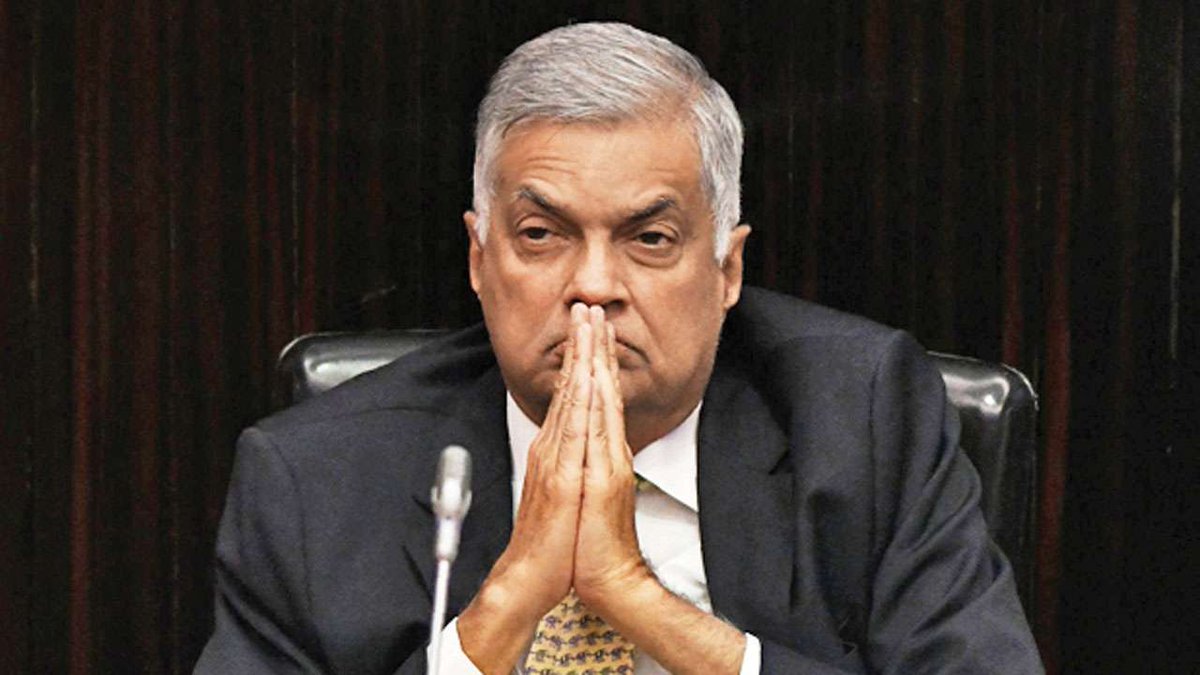by UDHITA DEVAPRIYA

A recent World Food Programme (WFP) report underlines the magnitude of the food crisis in Sri Lanka. The report shows that 36% of the country’s households are effectively food insecure while 76% are engaging in “food-coping strategies.” 35% of the country’s households are “facing insufficient food consumption” while female headed households (44%) are “faring worse” than male headed ones. Worryingly, food insecurity rose by four percentage points from September to October, its worst effects felt by marginalised communities such as estate workers. Citing the report, AdaDerana notes that with “limited purchasing power, over 50% of households are purchasing food on credit.”
These are all damning indictments on an administration that is yet to be punished, legally or electorally, for its crimes. They are all traceable to Gotabaya Rajapaksa’s disastrous and misconceived fertiliser policy. They are the work of policymakers and advisors who should have known better. They continue to bedevil the country, which continues to pay for the sins of its past. Yet what is interesting about the WFP report is its breakdown of the situation across provinces: between September and October, six of nine provinces saw a rise in food insecurity. While 48% of all households in the Southern Province and 45% in the Sabaragamuwa Province have become food insecure, the North and the East face much less of a problem, with scores of 26% and 25%. This is a significant gap.
What the report shows is that the food crisis is affecting the Southern half of the country more than it is the North and East. What it reveals is that the poorest regions – from Badulla to Moneragala, across the Uva and Southern Provinces – are faring worse than the rest of the country. In other words, the Southern peasantry, the core constituency of the SLPP led by the Rajapaksas, has become the biggest victims of this government.
The government, for its part, has pledged repeatedly to eradicate a food shortage. It has little choice in the matter; no administration can afford to stay in power if it fails to pacify a food deprived South. A failure there can only spark an agrarian crisis.
What do all these mean? They highlight two crucial national questions facing Sri Lanka now. The first has to do with its Tamil (and Tamil speaking) communities. The second has to do with its agrarian (and largely Sinhala speaking) community. The first has to do with language and constitutional reforms; the second has to do with radical economic reforms or the need to industrialise the country. The first is concentrated in the North and East and the second in the South and by extension in the Uva, North Central, and North Western Provinces. Both issues remain unresolved and unaddressed because successive regimes have attempted to resolve and address the one without properly looking into the other.
President Ranil Wickremesinghe has implored Tamil parties to help him resolve minority grievances – in effect, the first national question – and set out a programme before the country celebrates its 75th Independence Day next month. His enthusiasm for this predates his election as president. As D. B. S. Jeyaraj reports, Wickremesinghe called Mano Ganesan, the Tamil Progressive Alliance and SJB MP, to alert him on his intention to resolve the Tamil national question. This was on July 19, two days before the SLPP voted him as president in the parliament. What surprised Mr. Ganesan, Mr. Jeyaraj writes, is that the interim president did not canvass his support for the election. Mr. Jeyaraj comments that this shows that President Wickremesinghe is aware of the need to resolve issues affecting the Tamil people.
But just how will President Wickremesinghe resolve these issues? The Tamil National Alliance has laid down a three step strategy. The first involves the settlement of outstanding issues such as the release of political prisoners and the return of lands appropriated from the North; the second involves the implementation of the 13th Amendment; and the third involves political and constitutional reforms aimed at greater devolution and power sharing. The president has already convened a conference and the TNA has had its say on these matters there. It is reasonable to assume that he will see their proposals through.
Groundviews for more
